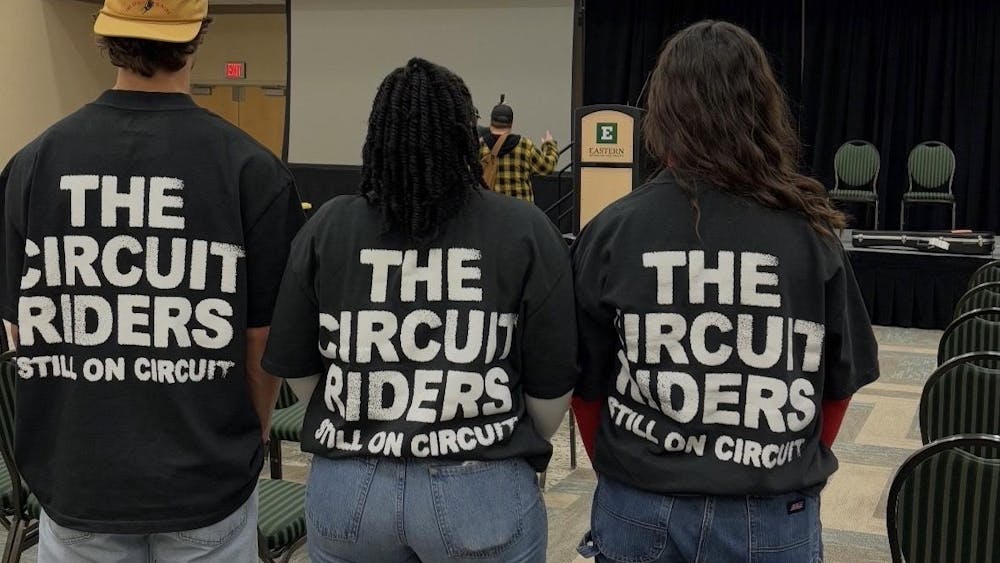We are all Homo sapiens, but for many economic theories and models we are also Homo economicus—the perfect economic men and women. All of our decisions with money are rational and we shop and sell with complete efficiency—or at least that is the theory.
However, experience and social studies tells us otherwise, which is why there is much interest in behavioral economics. This newest approach to economics is influenced by psychology.
Behavioral economics has broad ramifications for not only the field of economics but also public policy.
For example, we know from psychology and social studies there is a status quo bias. People prefer what is rather than what can be. The default option is the only option considered, even when it is irrational.
The solution to a problem like a lack of organ donors can be as easy as “Opting in vs. opting out” writes Richard Thaler, a behavioral economist for The New York Times. People should retain the freedom to choose, but as Thaler writes in his editorial, we should change the default option. In
other words, the forces of status quo bias can be kung-fu’d in favor of noble causes.
“Every hour, a patient dies for the lack of an available organ,” said Carlyle C. Ring Jr., a reformer of the organ donation system quoted in an article by The Washington Post.
In Michigan, when you register for your driver’s license the clerk will ask if you want to be an organ donor, and if you say “yes,” like I did, a little heart sticker will be placed on your license.
Most people are good people who want to save the lives of others, but because of the status quo bias, people often times are content not to act or to even make a choice.
The default option for many states is that potential donors have to opt in when they request a license, or they must mail in a form to state health departments.
To increase the number of organ donors we should either make the rule that people have to explicitly opt out of the donor pool rather than opt in, or people must make a choice and indicate whether they want to enter the donor pool before they will receive their driver’s license.
Illinois has implemented option B, and they have seen an increase in organ donation as a result. The state has a 51 percent sign up rate, according to Donate Life Illinois. That is 11 percent more than the national average of 39.9 percent recorded by Donate Life America. More donors, more lives saved.
Data from Donate Life Michigan shows that the state is well below the national average at 32 percent sign up rate. Comparatively, Wisconsin’s and Ohio’s rates are both more than 55 percent.
A market-based solution is untenable. We know the outcome: The poor sell their organs and the rich buy them.
Hopefully the options provided are healthy alternatives which retain the freedom of choice, save lives and can be embraced by both political parties.








